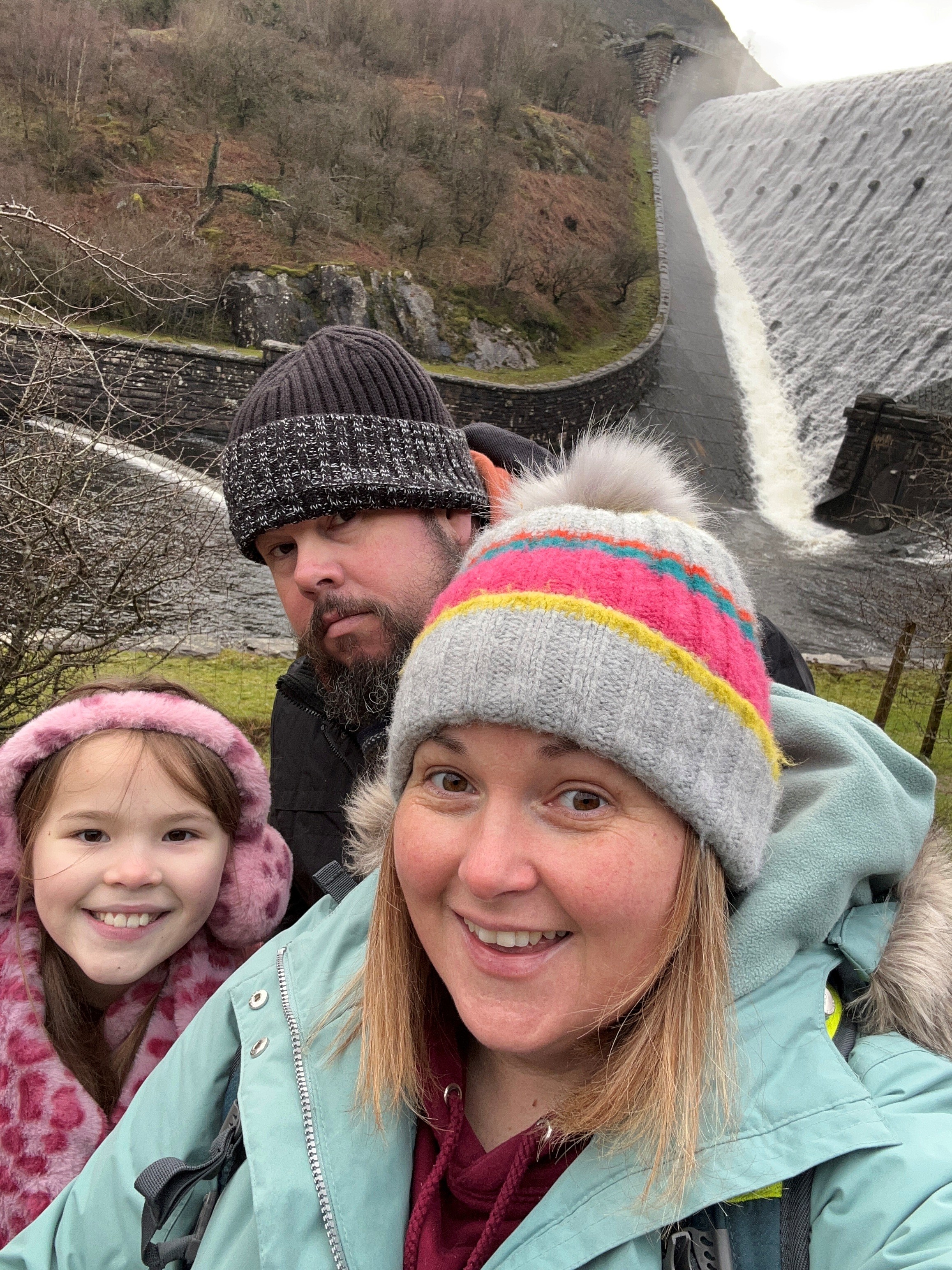Changing the course
When I was diagnosed with type 1 at 13, I had no warning. I ended up quite poorly in hospital with diabetic ketoacidosis (DKA).
"But being part of the ELSA study has helped us as a family to prepare for the future in a way we never expected. Knowing what’s coming – rather than being taken by surprise – has made an enormous difference to our confidence and peace of mind."

When Imogen’s diagnosis arrives, we hope that having this awareness will reduce her chances of experiencing DKA and the added trauma that comes from a sudden illness.
It also gave me the opportunity to ask the doctors who were monitoring Imogen if there was anything – early treatments or research trials – that she could do. That’s when teplizumab was first mentioned. The doctor told me it had been shown to delay the need for insulin treatment for around three years, but it wasn’t approved in the UK.
It was a few months later when the doctor mentioned it again. Imogen was at the right stage where teplizumab could be used and there was potential she could be offered it through an access route managed by the drug company.
We spoke to Imogen about it a lot beforehand. And I asked other family members and friends to ask her about it too – to be reassured Imogen wasn’t just telling me what she thought I wanted to hear. She told everyone she wanted to go ahead with the treatment and was always very cool-headed.
Because I’ve got lived experience of diabetes, I felt confident this was the best thing we could do for Imogen. Back in the 1990s when I was diagnosed if someone had said, ‘You could be given this and it will delay you getting type 1 diabetes for up to three years,’ I’d have bitten their hand off.
"For Imogen, a huge motivator was knowing she could not only improve her own life but also help make things better for other children in the future. I think that’s what kept her moving forward through all the tests and hard parts."

